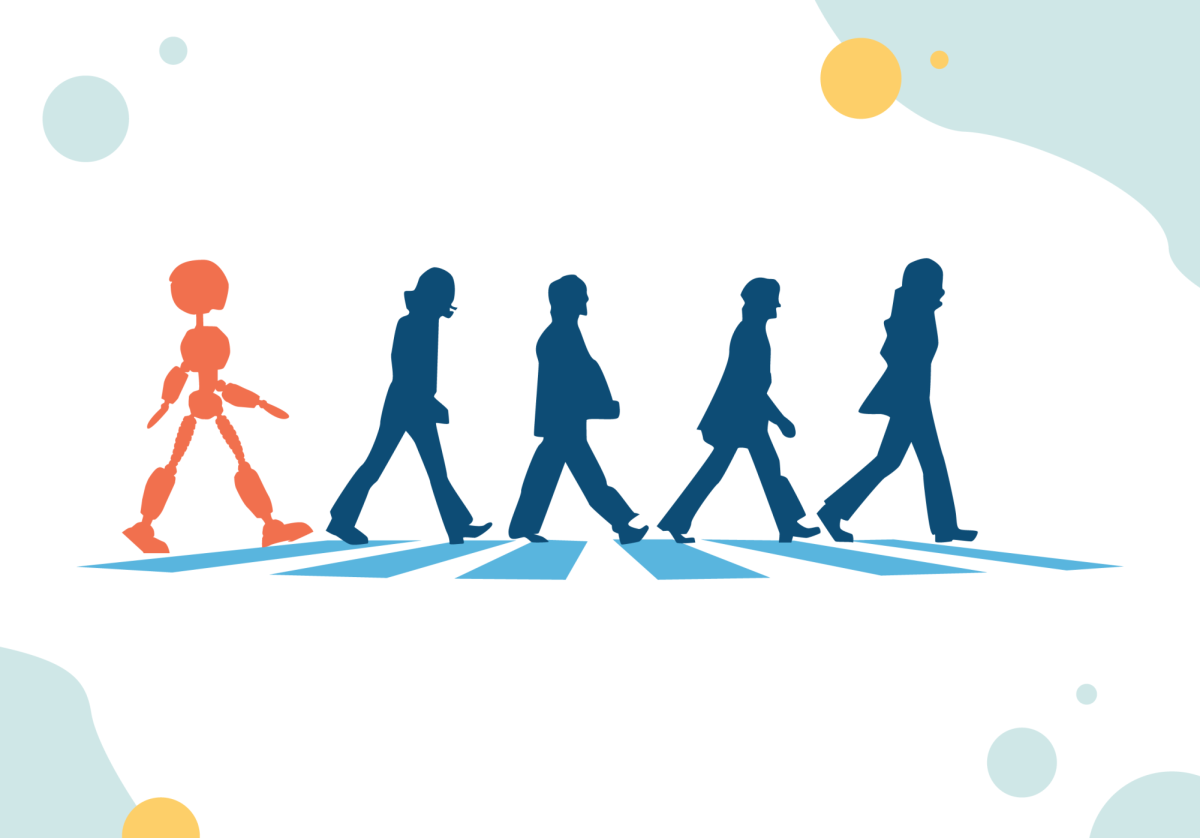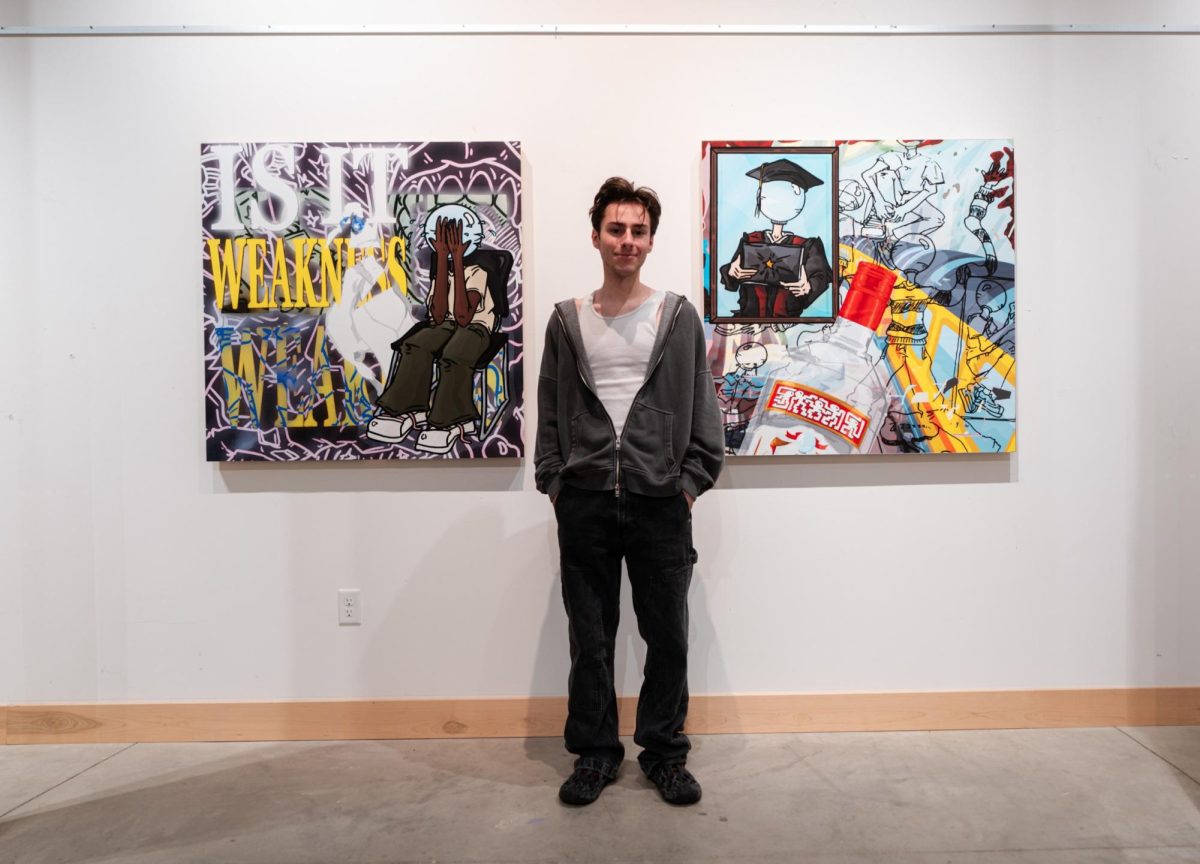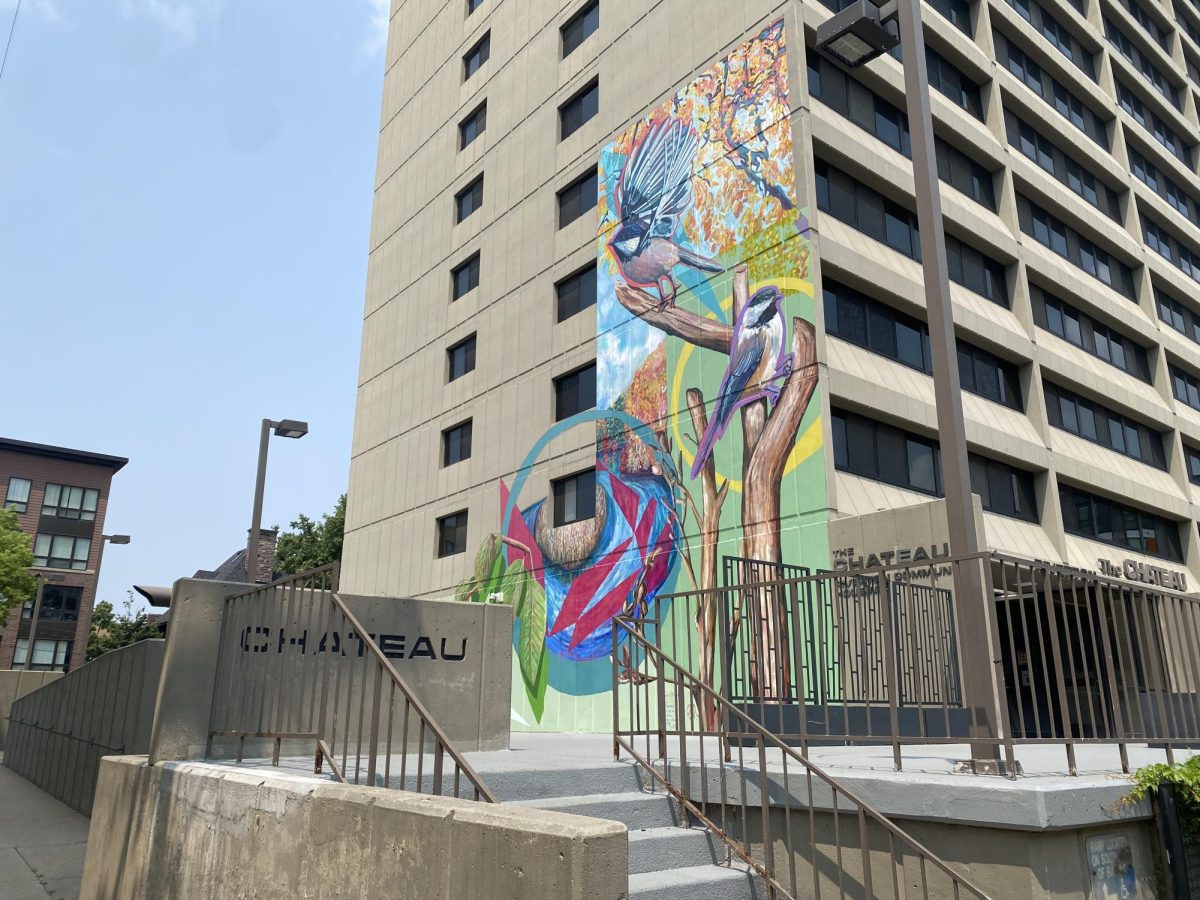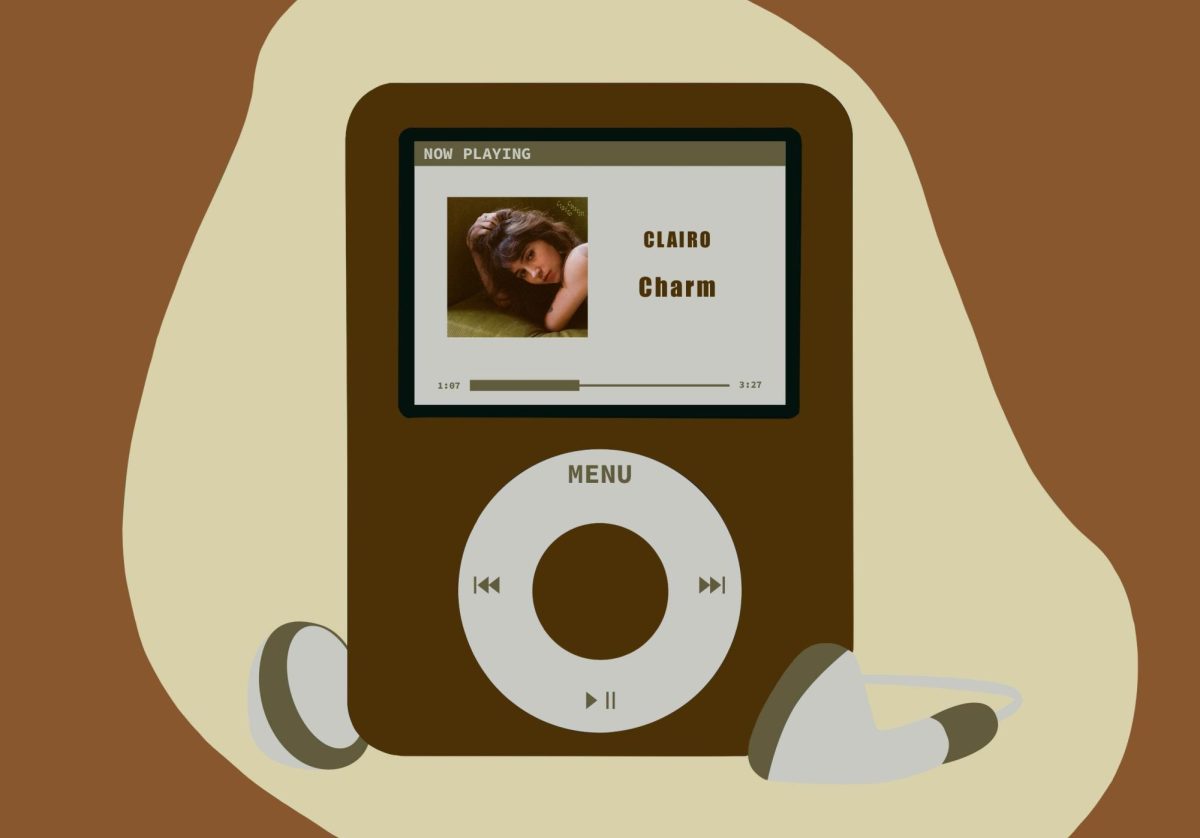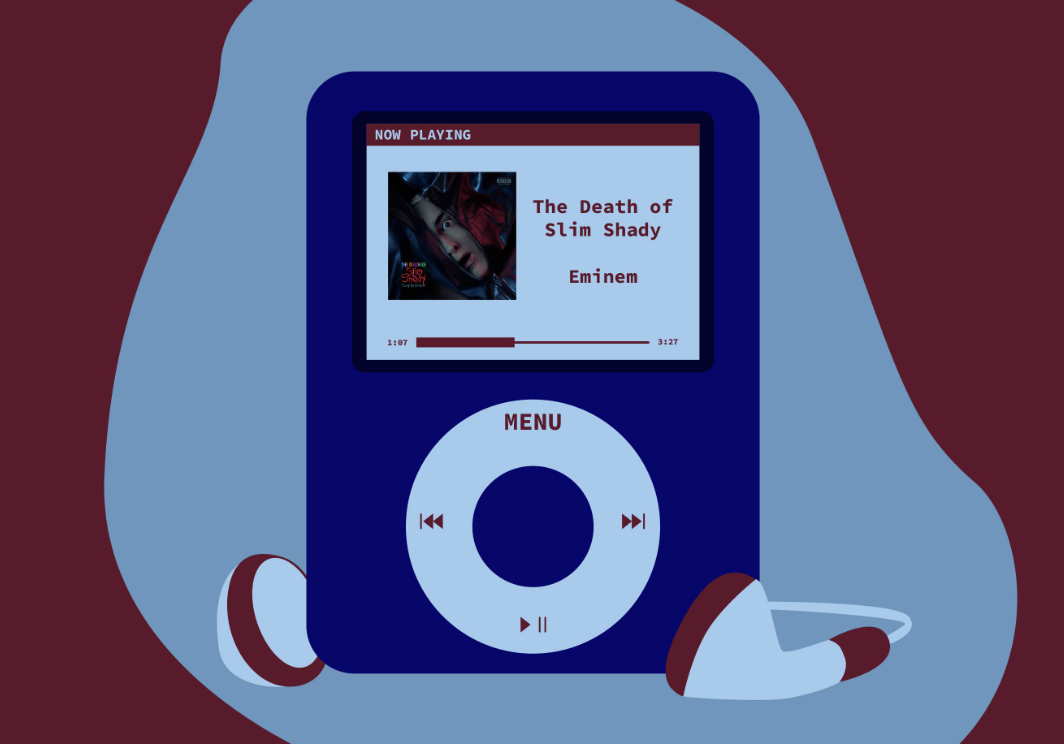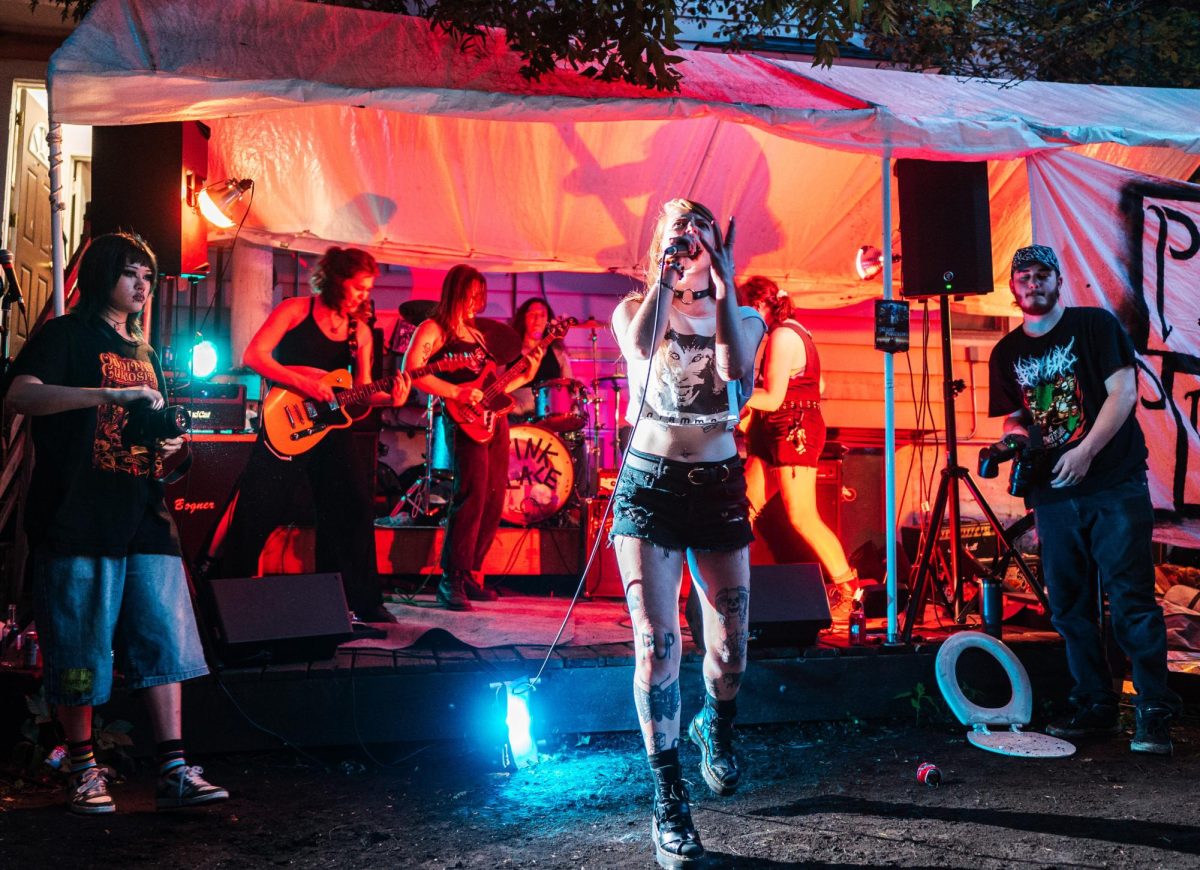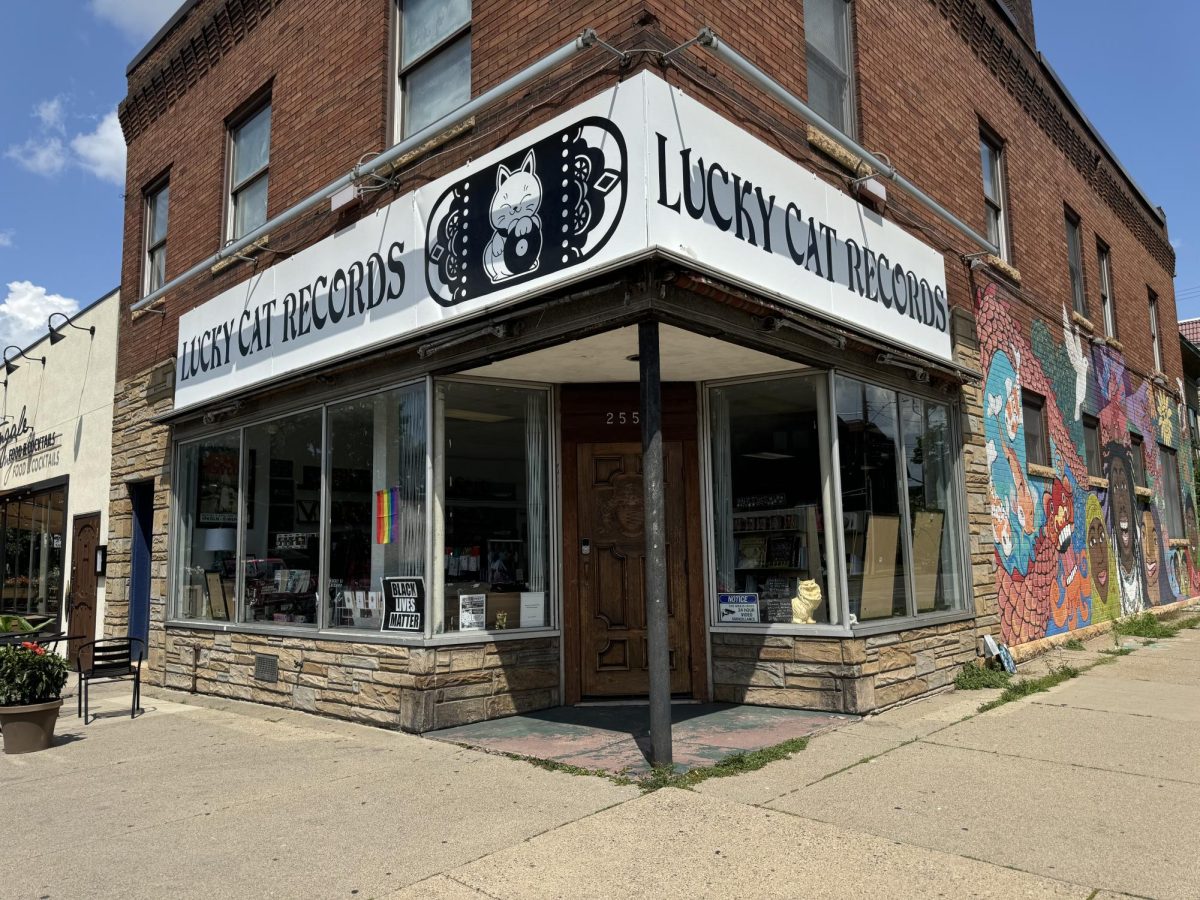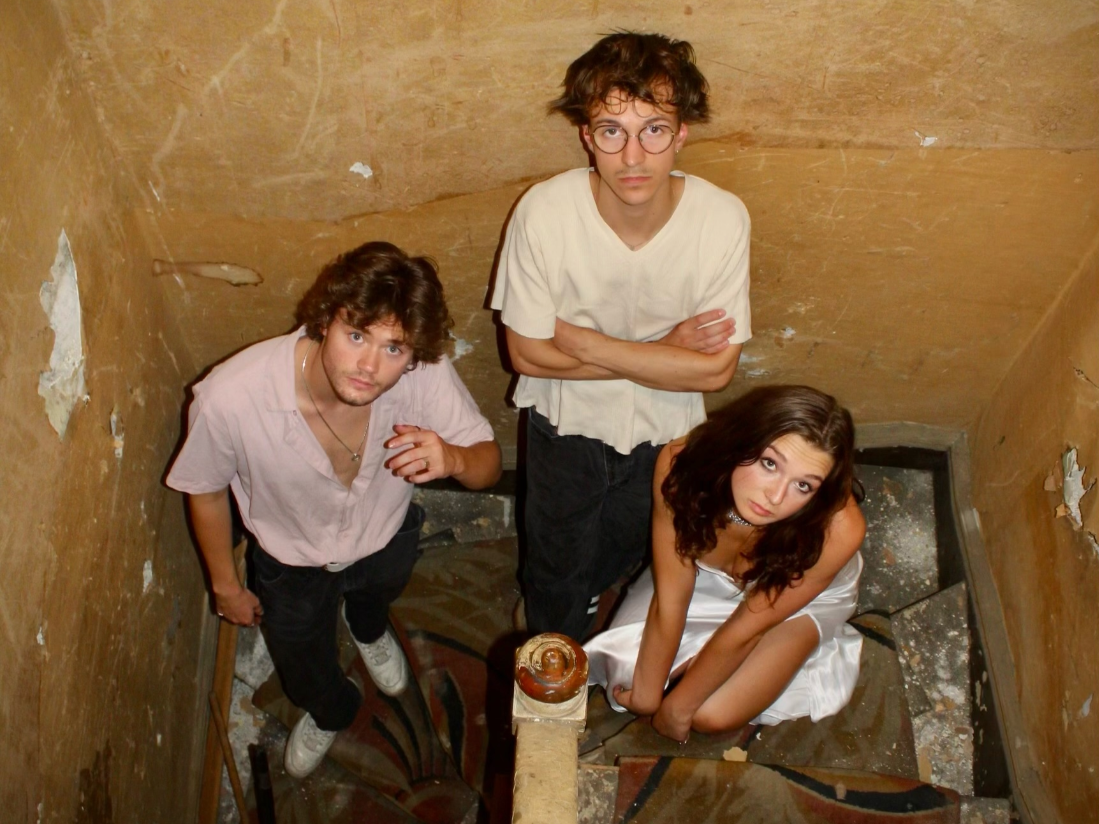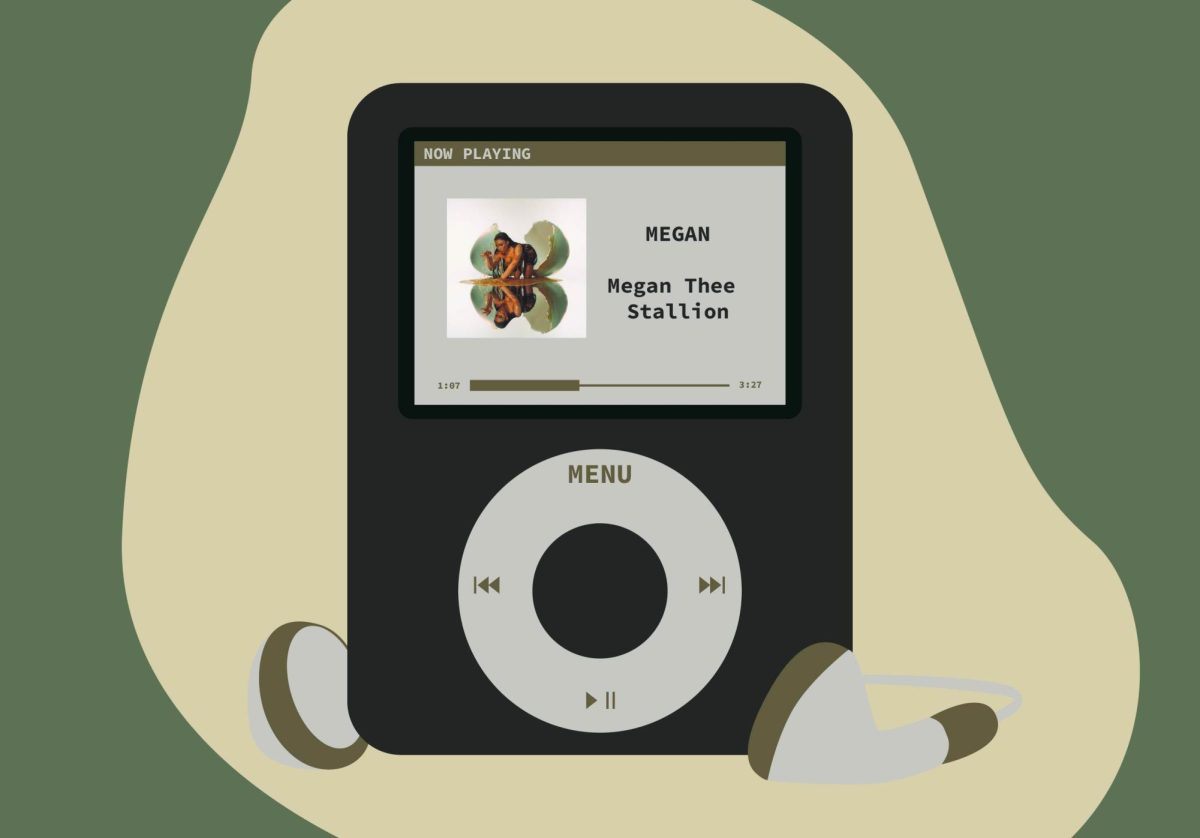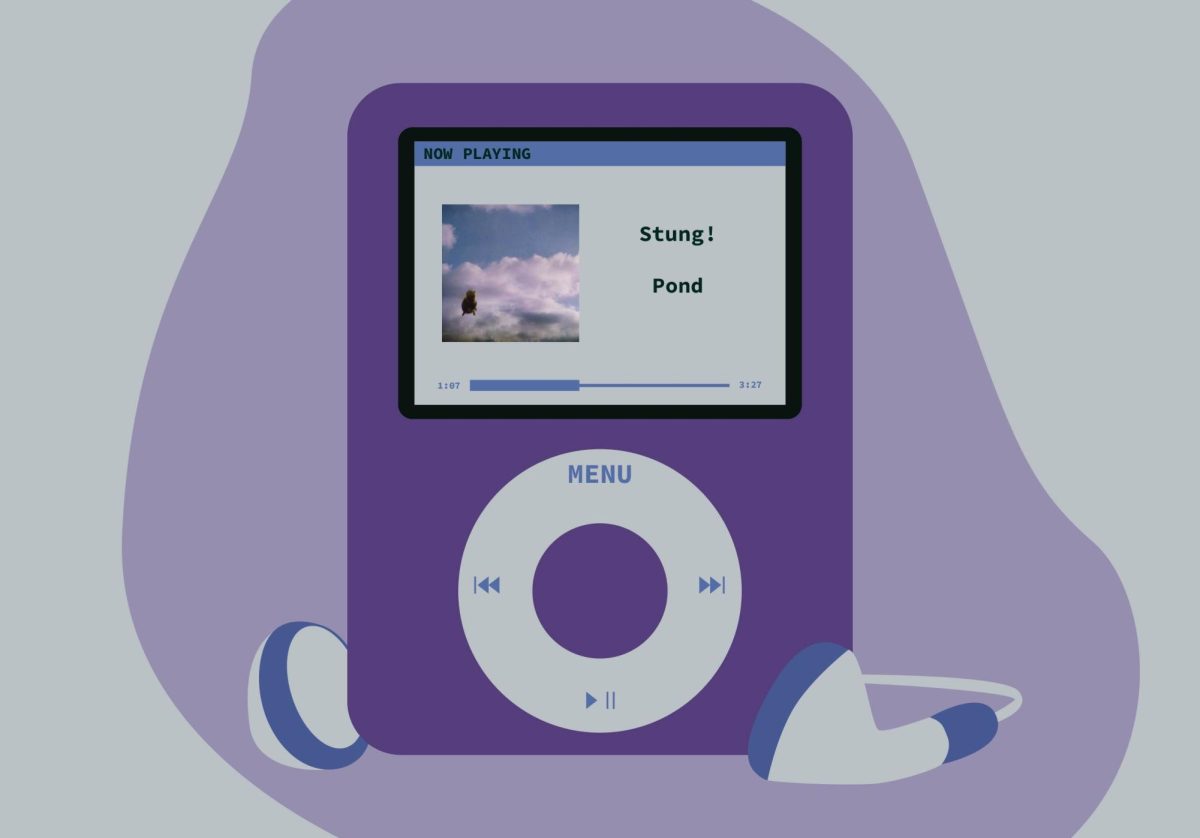The Beatles released “Now and Then” on Nov. 2, a song that used artificial intelligence (AI) to clean up a John Lennon vocal sample from 1980 to create a new full-length song.
The music video used AI-generated likenesses of how the four Beatles looked in the 1960s.
“Creative musicians have been using various forms of generative music for decades (Brian Eno for example),” director of the School of Music at the University of Minnesota, Patrick Warfield, said in an email to The Minnesota Daily. “The possibilities are endless, but artists are creative and find new and surprising ways of using new technology.”
AI is becoming a substantial technology in the music industry. In the past year, many major artists and platforms have used AI to revolutionize the way music is produced and distributed.
Electropop artist Grimes recently developed a website called Elf.tech that open-sources her voice to be generated for any song. This website uses a similar vocal-emulation technology to the one used to restore the Lennon vocal sample.
This website was released in response to a song by ghostwriter977 titled “Heart on My Sleeve.” The song used vocals generated to sound like Drake and The Weeknd and was advertised as if the track was from the artists themselves. It quickly went viral on TikTok and Universal Music Group took the song off all major platforms.
“The use of a soundalike of someone else’s vocals to make it appear that the singer is actually singing the song would violate the singer’s right of publicity,” said Tom Cotter, a law professor at the University who specializes in copyright.
Some musicians, such as Nick Cave, have expressed aversion towards the technology.
“ChatGPT [an AI text-generator] has no inner being, it has been nowhere, it has endured nothing, it has not had the audacity to reach beyond its limitations, and hence it doesn’t have the capacity for a shared transcendent experience, as it has no limitations from which to transcend,” Cave said on his website in response to a song he was sent written by AI in his style.
By using artificial intelligence, artists can now generate an entire song artificially, including the instrumentals, the lyrics and the vocals. It can also fine-tune the production of any song.
“A lot of what I look for in the music that I add to Radio K’s library has to deal with authenticity, relatability and imperfections,” Radio K music director Addy Adams said. “I feel like you need some element of human-ness to make a song that really resonates with a listener, and AI could lose some of that authenticity within music.”
Earlier this year, Spotify launched an AI DJ that analyzes a user’s music taste and creates a radio station based on it. Between tracks, the DJ offers commentary with the script and voice entirely generated by AI.
AI will play a bigger part in the music business as it develops, bringing with it both new opportunities and difficulties. Media and art always have a way of adapting to new technology, and the impact of AI on the music industry is already starting to be seen.










